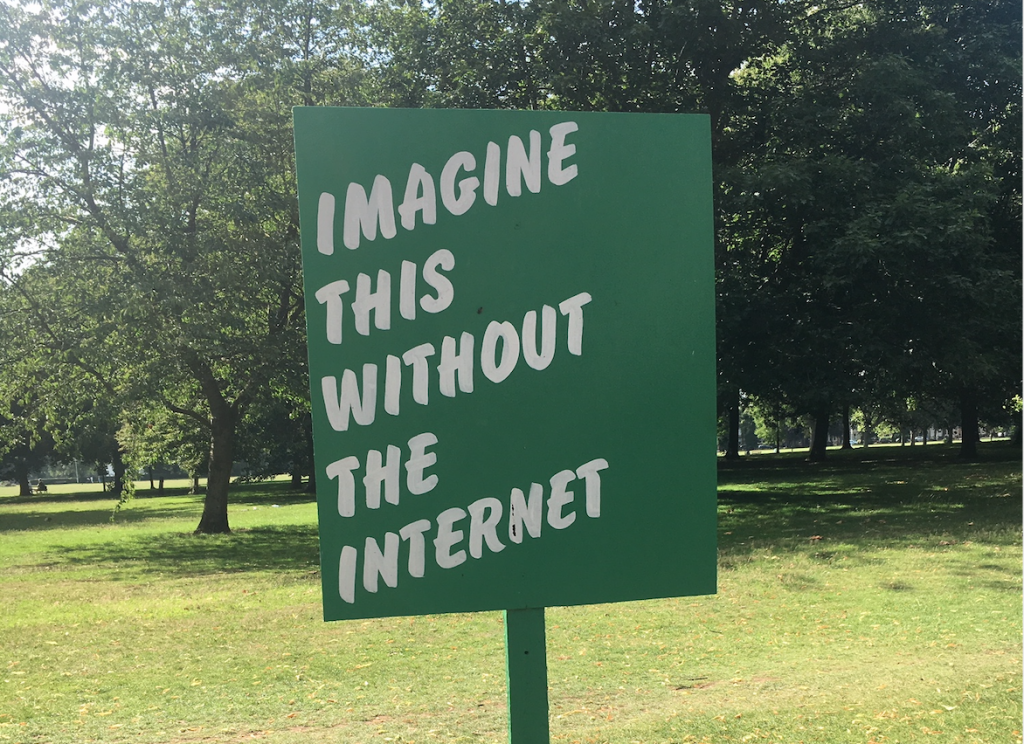As UK lockdown eases, what has been the impact on our Cultural sector and where do we go from here?
On 23rd March, 2020 UK culture closed to the public.
Inside the sector, the economic implications of Covid-19 was immediate.
Income from tickets vanished, event postponement and cancellations affected staff, artists, performers and multiple industries. Organisations were asked to scenario plan to unknown timelines and adapt programmes and activity developed and planned in the real world to online platforms.
Four months on, with lockdown relaxing, culture is still in flux.
Private trusts and foundations, having released emergency funds, are now in temporary pause as they work out how best they can help next. Announcements of government support are promising but what form that will take remains unclear. The longer-term effects of the pandemic are still entirely unknown.
Development of digital technology has enabled us exponentially. During lockdown, we lived online. What starts to become clear is technology does not foster the same emotional connection as live experiences, digital poverty is real and there are marginalised audiences from online experience, and the fatigue of living through the screen is also real.
We need to consider how we will bring audiences back. What post-pandemic cultural experience and practice will look like. It’s not feasible to reinstate what we knew as the norm. There needs to be collaboration and experimentation to develop new models of production, engagement and development. New models that reflect the diverse make up of our society and public spaces.

